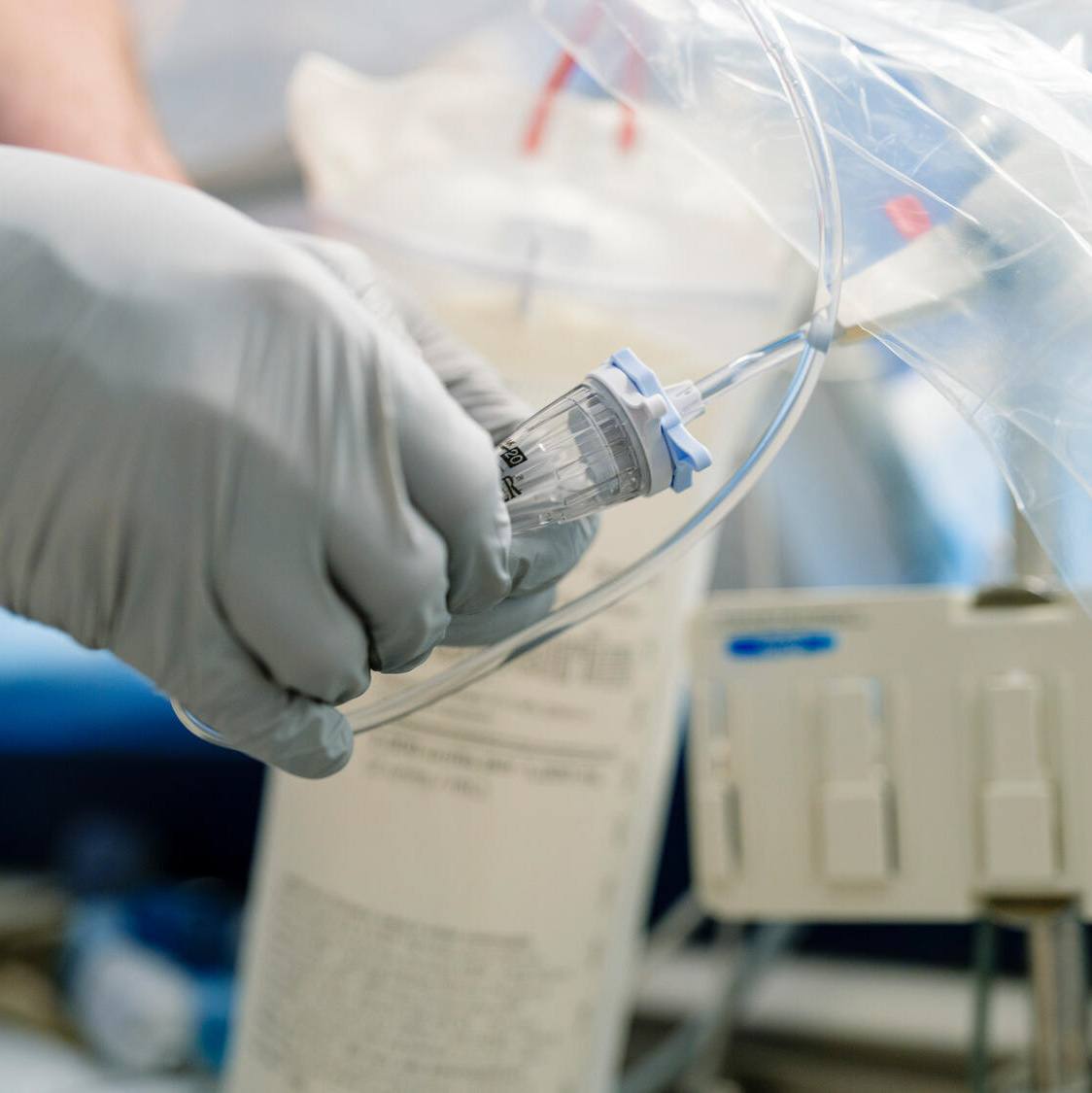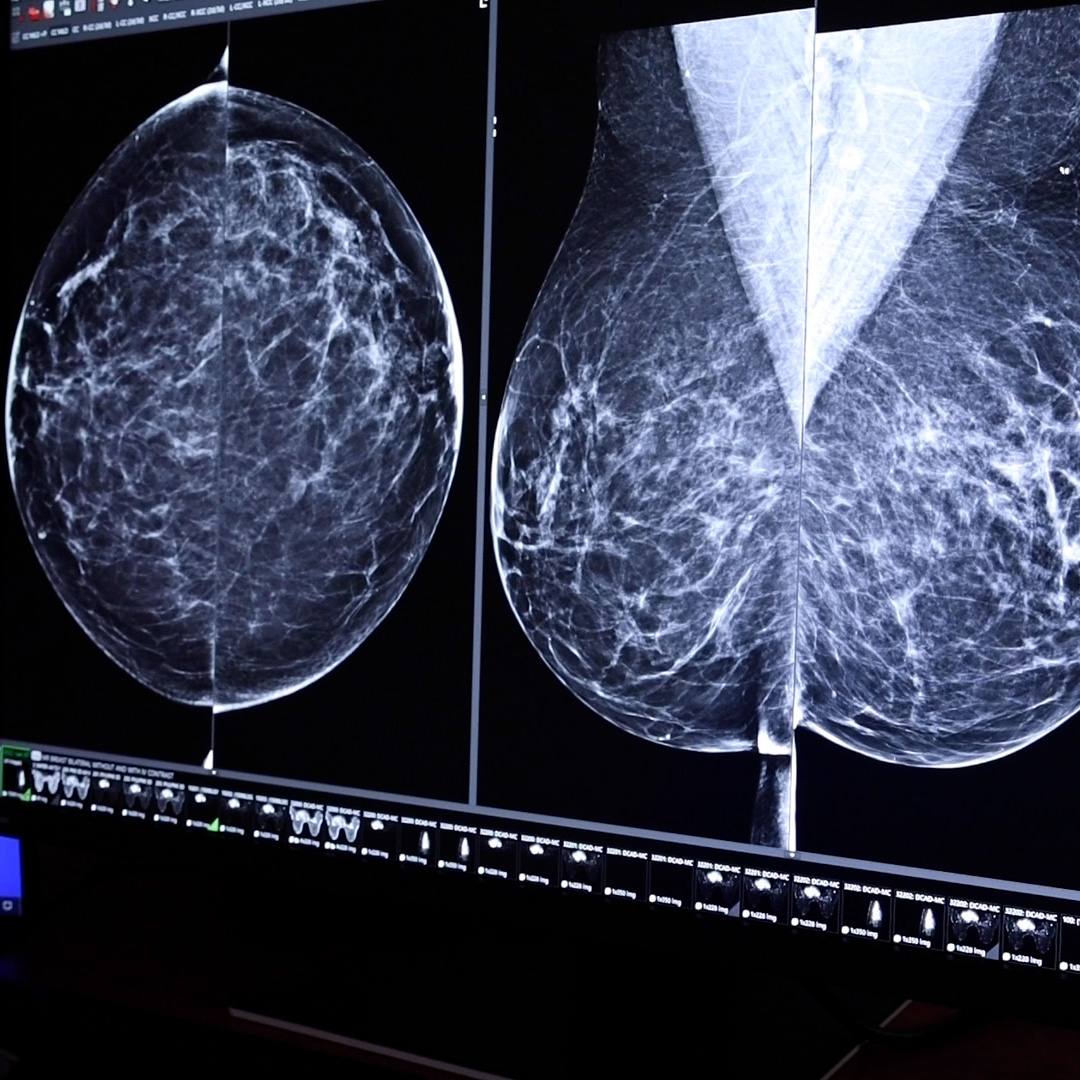-
Aspirin Use May Help Prevent Bile Duct Cancer
 ROCHESTER, Minn. — A team of current and former Mayo Clinic researchers has discovered that aspirin use is associated with a significantly reduced risk of developing bile duct cancer, also called cholangiocarcinoma. The results are published in Hepatology.
ROCHESTER, Minn. — A team of current and former Mayo Clinic researchers has discovered that aspirin use is associated with a significantly reduced risk of developing bile duct cancer, also called cholangiocarcinoma. The results are published in Hepatology.
“Our study found that individuals who took aspirin had a more than a two-and-a-half to three-and-a-half-fold lesser chance of developing bile duct cancer, compared to individuals who did not take aspirin,” says Lewis Roberts, M.B. Ch.B., Ph.D., the study’s senior author and a gastroenterologist and hepatologist at Mayo Clinic.
Bile duct cancer is an uncommon cancer that forms in the slender tubes (bile ducts) that carry digestive fluid through the liver. The disease occurs mostly in people over 50 and can cause symptoms, such as yellowing of the skin and eyes, intense itchiness of the skin, and white stools. Bile duct cancer is an aggressive type of cancer that progresses quickly and is difficult to treat.
“We know that continuous unremitting inflammation is one of the main factors that promotes cancer of the bile ducts,” Dr. Roberts says. “Aspirin, with it’s an anti-inflammatory properties, may reduce the risk of bile duct cancer by lessening inflammation through inhibition of an enzyme called cyclo-oxygenase (COX), which is known to promote inflammation.”
In addition to the COX enzyme pathway, Dr. Roberts says other studies have shown that aspirin blocks additional cell-signaling cascades that promote cancer development. “The evidence has been accumulating that regular, long-term use of aspirin is associated with a decreased risk of a number of different cancer types, particularly gastrointestinal cancers,” he says.
MEDIA CONTACT: Joe Dangor, Mayo Clinic Public Affairs, 507-284-5005, newsbureau@mayo.edu
But, it is not certain that aspirin is safe to use for cancer prevention. Dr. Roberts and his colleagues say additional confirmatory studies are needed before aspirin can be recommended for use in preventing bile duct cancer. Future plans will include population-based studies designed to confirm the associations of aspirin with decreased risk of developing bile duct cancer and clinical trials of aspirin in people at high risk for developing bile duct cancer.
Data for the study was gathered from the Mayo Clinic Hepatobiliary Neoplasia registry, the Mayo Clinic Biobank and and the Rochester Epidemiology Project.
Co-authors are:
- Jonggi Choi
- Hassan Ghoz
- Benyam Addissie
- William Harmsen
- Terry Therneau
- Janet Olson
- Thoetchai Peeraphatdit
- Esha Baichoo
- Roongruedee Chaiteerakij
About the Mayo Clinic Cancer Center
As a leading institution funded by the National Cancer Institute, the Mayo Clinic Cancer Center conducts basic, clinical and population science research, translating discoveries into improved methods for prevention, diagnosis, prognosis and therapy. For information on cancer clinical trials, call the Mayo Clinic Cancer Center clinical trials office at 1-855-776-0015 (toll-free).
###
About Mayo Clinic
Mayo Clinic is a nonprofit organization committed to clinical practice, education and research, providing expert, whole-person care to everyone who needs healing. For more information, visit http://www.mayoclinic.org/about-mayo-clinic or https://newsnetwork.mayoclinic.org/.







